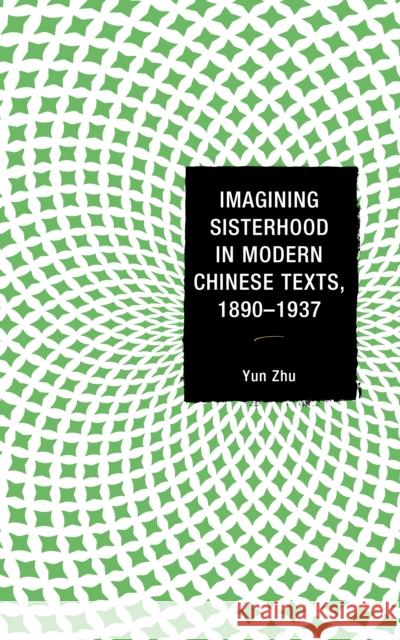Imagining Sisterhood in Modern Chinese Texts, 1890-1937 » książka
Imagining Sisterhood in Modern Chinese Texts, 1890-1937
ISBN-13: 9781498536295 / Angielski / Twarda / 2017 / 236 str.
This book investigates sisterhood as a converging thread that wove female subjectivities and intersubjectivities into a larger narrative of Chinese modernity embedded in a newly conceived global context. It focuses on the period between the late Qing reform era around the turn of the twentieth century and the outbreak of the Second Sino-Japanese War in 1937, which saw the emergence of new ways of depicting Chinese womanhood in various kinds of media. In a critical hermeneutic approach, Zhu combines an examination of an outside perspective (how narratives and images about sisterhood were mobilized to shape new identities and imaginations) with that of an inside perspective (how subjects saw themselves as embedded in or affected by the discourse and how they negotiated such experiences within texts or through writing). With its working definition of sisterhood covering biological as well as all kinds of symbolic and metaphysical connotations, this book exams the literary and cultural representations of this elastic notion with attention to, on the one hand, a supposedly collective identity shared by all modern Chinese female subjects and, on the other hand, the contesting modes of womanhood that were introduced through the juxtaposition of divergent "sisters." Through an interdisciplinary approach that brings together historical materials, literary and cultural analysis, and theoretical questions, Zhu conducts a careful examination of how new identities, subjectivities and sentiments were negotiated and mediated through the hermeneutic circuits around "sisterhood."











